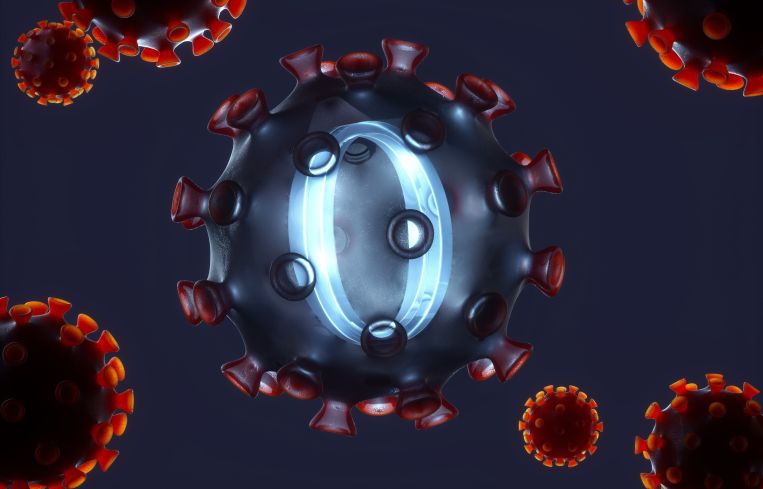BentallGreenOak Aims New Office Technology at Detecting COVID-19
Data-based ParticleOne measures indoor viruses in an effort to get workers back to the office
By Philip Russo March 22, 2022 12:48 pm
reprints
Global investment house BentallGreenOak (BGO) announced today that it has partnered with environmental engineering firm RWDI to deploy a new predictive office technology platform aimed at COVID-19 and other virus mitigation.
Known as ParticleOne, the RWDI-developed technology will be rolled out in 200 properties across the Toronto-based BGO’s Canadian and U.S. real estate portfolio this year. The rollout follows the launch of a BGO-RWDI pilot phase in 2021 in seven of BGO’s office, residential and industrial settings across the country.
ParticleOne draws on data sets at the property level, as well as external data from local and regional health care authorities, to inform building owners, managers and occupants of heightened risk levels for the transmission of COVID. It employs proprietary algorithms to assess those levels. RWDI says its technology is one of the first early warning systems in the world for mitigating COVID and other viruses, designed and developed for commercial real estate application.
“We’re able to rapidly baseline the level of risk in facilities,” said Mike Williams, vice president of buildings for the Guelph, Ontario-based RWDI, who is also a technical director at ParticleOne. “Once that level of risk is baselined it provides automated weekly updates in terms of how that risk is varying and how the virus itself continues to evolve in terms of its prevalence, the number of cases and their severity, and how the different variants have come and gone.”
The technology, which has been used in the mining and aviation sectors for health and wellness mitigation, draws on a variety of data sources, Williams said. These include the size and configuration of spaces within the building, the type of ventilations systems in use, and the density and intensity of each space’s use by workers, whether they be in a gym, a food court or a meeting room.
“We take all those input parameters and we run a viral transmission risk algorithm that we’ve developed that provides us with a quantified risk rating for these spaces,” Williams added. “We then index that risk rating against the current virus of concern, which allows us to risk-access spaces as either being in a state of caution, suggesting that they need to take more action, or a state of preparedness, suggesting that sufficient actions or mitigations are in place for the current level of risk.”
The information is then shared on a weekly basis directly with the building’s operations team so that they can make adjustments as needed, said Christina Iacoucci, managing partner and CIO of BGO. As the use of ParticleOne evolves, the information will also be directly available to occupiers as well, added Iacoucci.
BGO started developing ParticleOne with RWDI prior to the outbreak of COVID, but having seen a drop-off in worker productivity and a slow return of workers to offices, the technology is more important than ever, she said.
“Today it’s measuring the risk of COVID in buildings, but tomorrow it has applications for other potential transmissible viruses,” Iacoucci said. “It also has a follow-on effect on the tenants that need to come back into buildings today. Even where we are seeing COVID at basically undetectable levels in many cases, we’re still not seeing our office building occupants coming back at the level one would expect. We believe this product will help advance people’s comfort level in coming back into the office.”
BGO and RWDI have agreed to scale ParticleOne’s technology exclusively within the commercial real estate sector over the next 12 months. The companies will explore enhancements to the platform, including evaluation of a direct-to-tenant engagement interface, continued refinements of the system’s algorithms and the testing of new environmental sensors.
Philip Russo can be reached at prusso@commercialobserver.com.



